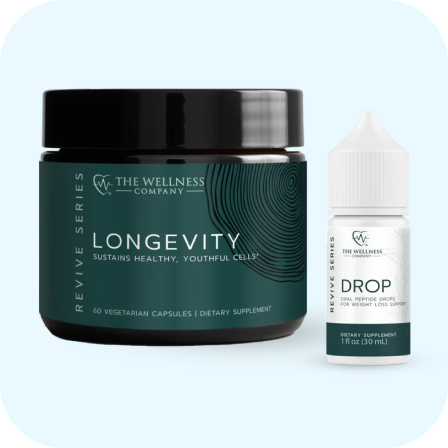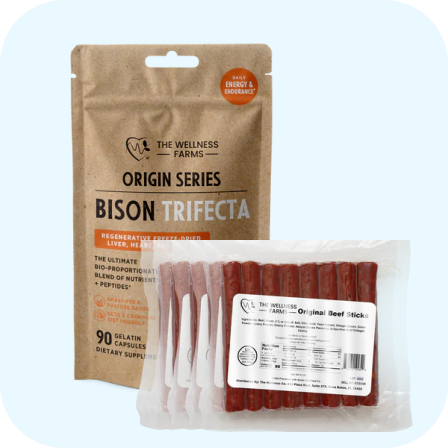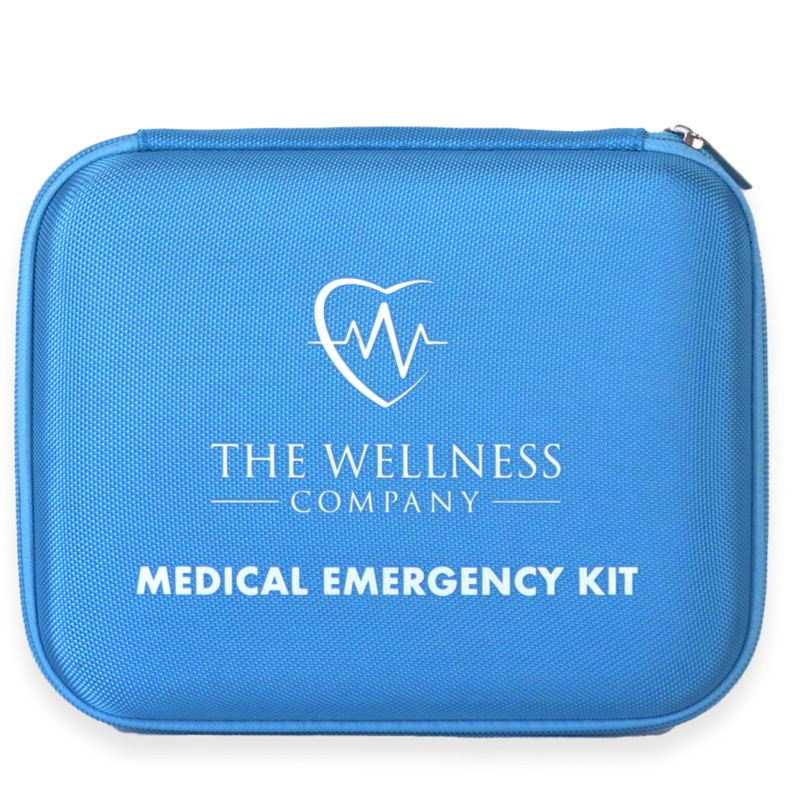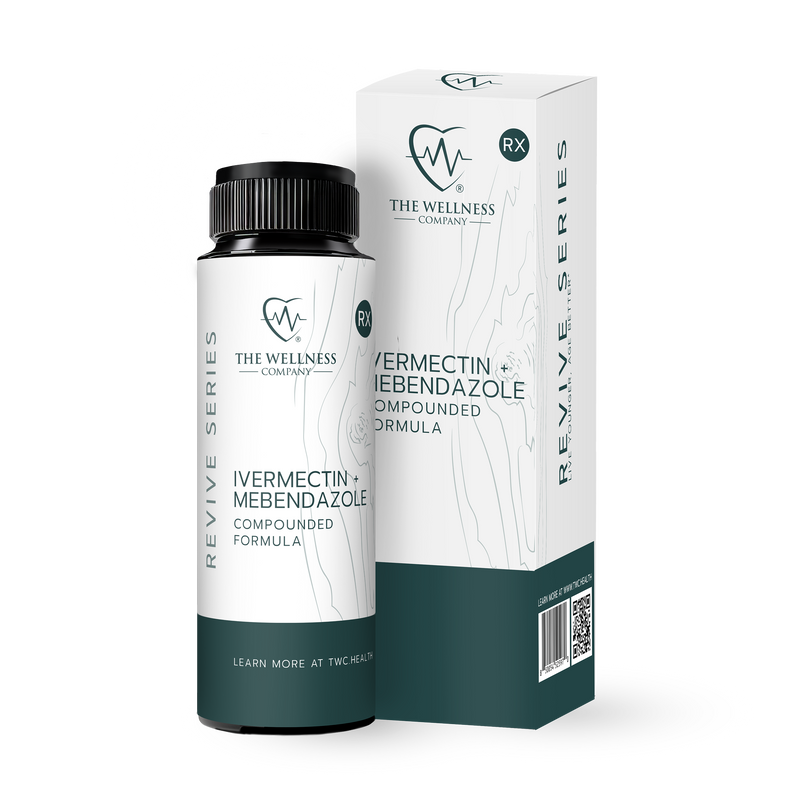Optimize Your Sleep, Fortify Your Gut: Exploring the Connection Between Sleep and GI Health

As Autumn approaches, many of us will find ourselves juggling an impossibly busy schedule. As the days shorten, the kids return to school, and work moves into full swing, most of our to-do lists will only lengthen. And as our schedules become more daunting, sleep – that precious commodity that we all know is so vital to our health – becomes a luxury that many of us struggle to afford.
While most readers are undoubtedly familiar with the typical consequences of sleep deprivation – fatigue, mood swings, and a weakened immune system, to name a few – there’s one side-effect of poor sleep that you probably aren’t aware of: compromised gut health. In today’s article, we’ll be exploring the science behind how sleep impacts gastrointestinal health, equipping you with tools and tactics to ensure that as the chaos of the school year ensues, this critical aspect of your wellness doesn’t fall by the wayside.
The Nightly Battle: Free Radicals vs. Antioxidants
Every night, as we drift off into a slumber, our body enters a state of repair and rejuvenation. This process, however, isn't particularly peaceful or passive, at least from a physiological perspective. As we sleep, a battle rages on within our cells between free radicals - unstable molecules that can damage our cells - and antioxidants, our body's defense against these harmful entities.
Let’s begin by noting that we all have free radicals floating around in our bodies at all times. Free radicals are normal byproducts of our metabolism, and not something we can do away with completely. However, an excess of free radicals, over a prolonged period of time, has been linked to a host of health issues, from cancer to metabolic disease to many other afflictions.
Antioxidants are the body’s primary method of neutralizing free radicals to prevent cellular damage. Maintaining a balance between these two forces is a crucial facet of our health. And sleep, it turns out, plays a surprising role in maintaining this equilibrium.
During deep sleep, our body produces a surge of antioxidants to combat the free radicals generated throughout the day. This nightly boost helps maintain a healthy gut lining, prevent DNA damage, and ensure optimal nutrient absorption and gut barrier function.
Conversely, disrupted sleep can cause free radicals to gain the upper hand and wreak cellular havoc on various organ systems.
Impaired Sleep Shortens Lifespan in Lab Studies
Until recently, researchers had long hypothesized that the most harmful consequences of free radical accumulation were in the brain, heart, or lungs. But it was only in 2020 that scientists at Harvard discovered that in a variety of animal models – from fruit flies to mice – sleep deprivation actually exerts its most harmful effects in the gastrointestinal tract.
In one experiment, researchers deprived fruit flies of sleep for a series of days, and found that free radicals, DNA damage and tissue death accumulated most profoundly in the gut. Sleep deprivation, the researchers discovered, was also a reliable way to shorten the animals’ lifespans (which they could easily assess, since the average fruit fly only lives about 40 days). Fascinatingly, the gut damage and premature death could be offset and reversed by simply feeding the animals antioxidants, to neutralize the free radicals.
While fruit flies are a long way from humans, the researchers repeated the study in mice and found similar results. We also do have good evidence that free radical accumulation and oxidative stress is a primary cause of gastrointestinal disease in humans. We know, for example, that poor sleep increases one’s risk of colorectal cancer. Thus, while the models may differ, the consistent findings across species underscore the universal importance of sleep as a means of neutralizing free radicals, maintaining gut health and warding off disease (and even death).
The Gut-Sleep Feedback Loop
Fascinatingly, while sleep impacts gut health, the reverse is also true. A healthy gut actually produces neurotransmitters and hormones that regulate sleep (and mood, and more). Serotonin, a neurotransmitter synthesized in the gut, is a precursor to melatonin, the hormone our body naturally produces each night to initiate sleep. An imbalance in gut health can disrupt this production, leading to sleep disturbances, among other issues.
Harnessing Sleep for Gut Health
Given this intricate connection, prioritizing sleep becomes paramount for gut health. Here are a few actionable steps that you can take today to act on this information:
- Routine, Routine, Routine: Stick to a consistent wakeup and bedtime, when possible. This will entrain your circadian clock to initiate the hormonal cascade associated with sleep at the right time, every night. If you do nothing else, do this.
- Limit Blue Light Exposure Before Bed: Blue light from devices like smartphones and laptops can disrupt melatonin production. Consider using blue light filters or ditching the screen at least an hour before bed.
- Dietary Antioxidants: Incorporate antioxidant-rich foods like berries, nuts, and green leafy vegetables to support your body's defense against free radicals, especially during periods where you’re not sleeping well.
- Smart Supplementation: If either gut health or sleep are aspects of your wellness with which you’re struggling, consider adding our Restful Sleep Formula and Digestive Enzyme Formula to your supplementation regimen.
The Bottom Line
The profound connection between sleep and gut health serves as a timely reminder of the importance of rest in supporting our holistic health. In a world where the demands of daily life can easily overshadow our wellness needs, prioritizing sleep isn't just about feeling rested—it's a fundamental step in nurturing our gut health, fortifying our immune defenses, and ensuring our overall vitality. As we navigate the challenges of modern living, let's commit to giving our bodies the nightly restoration that it deserves.
References
Ifeanyi, O. E. (2018). A review on free radicals and antioxidants. Int. J. Curr. Res. Med. Sci, 4(2), 123-133.
Vaccaro, A., Dor, Y. K., Nambara, K., Pollina, E. A., Lin, C., Greenberg, M. E., & Rogulja, D. (2020). Sleep loss can cause death through accumulation of reactive oxygen species in the gut. Cell, 181(6), 1307-1328.
Wysocka, E., Cofta, S., Cymerys, M., Gozdzik, J., Torlinski, L., & Batura-Gabryel, H. (2008). The impact of the sleep apnea syndrome on oxidant-antioxidant balance in the blood of overweight and obese patients. J Physiol Pharmacol, 59(Suppl 6), 761-769.
Bhattacharyya, A., Chattopadhyay, R., Mitra, S., & Crowe, S. E. (2014). Oxidative stress: an essential factor in the pathogenesis of gastrointestinal mucosal diseases. Physiological reviews, 94(2), 329-354.
Thompson, C. L., Larkin, E. K., Patel, S., Berger, N. A., Redline, S., & Li, L. (2011). Short duration of sleep increases risk of colorectal adenoma. Cancer, 117(4), 841-847.






















